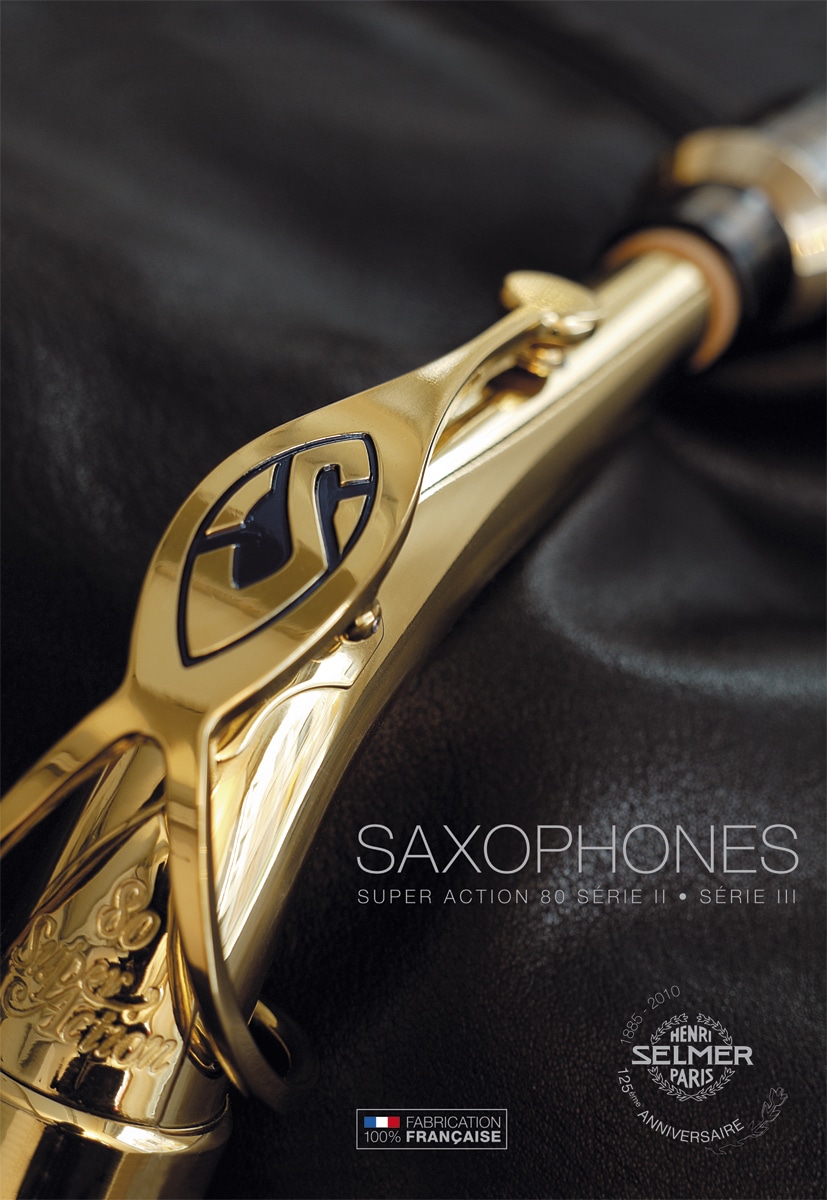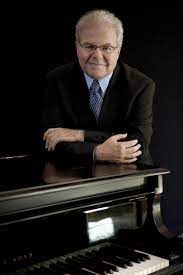France’s famous sax maker sells out
mainThe iconic saxophone and clarinet maker, Henri Selmer Paris, has announced it is selling a majority stake to an investment fund, yielding family control after 130 years.
This cannot be good, either for the quality of instruments, or for the 500 staff.
More here.







Comments